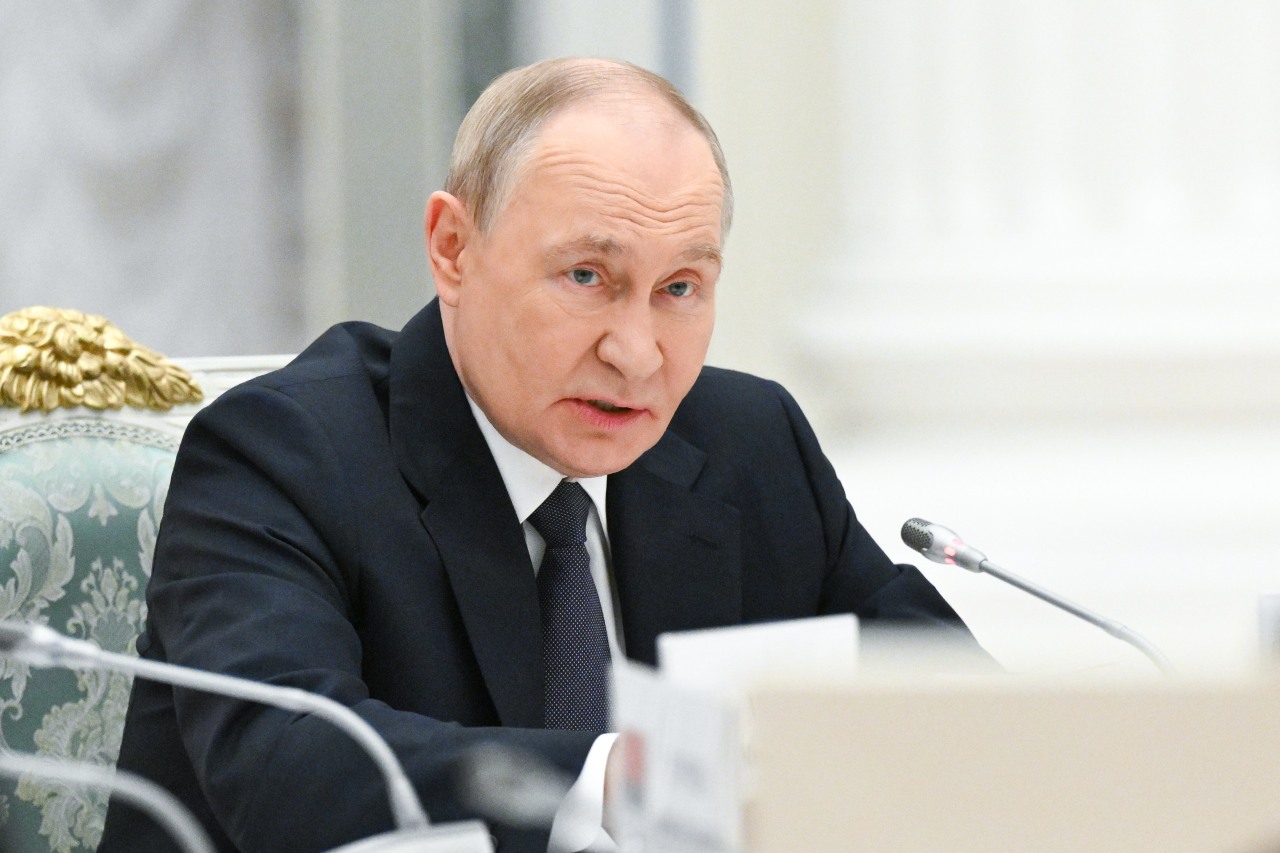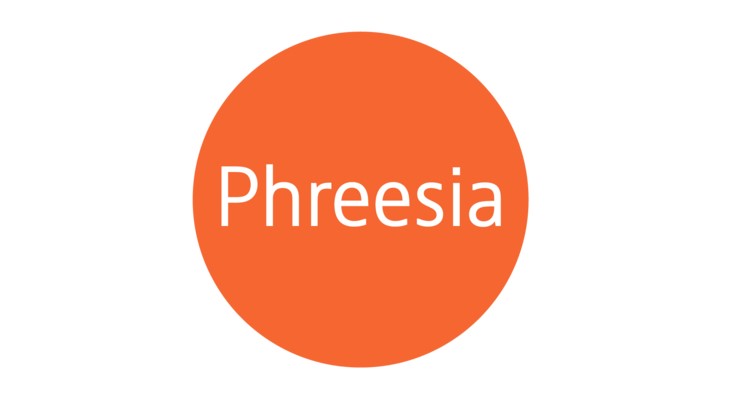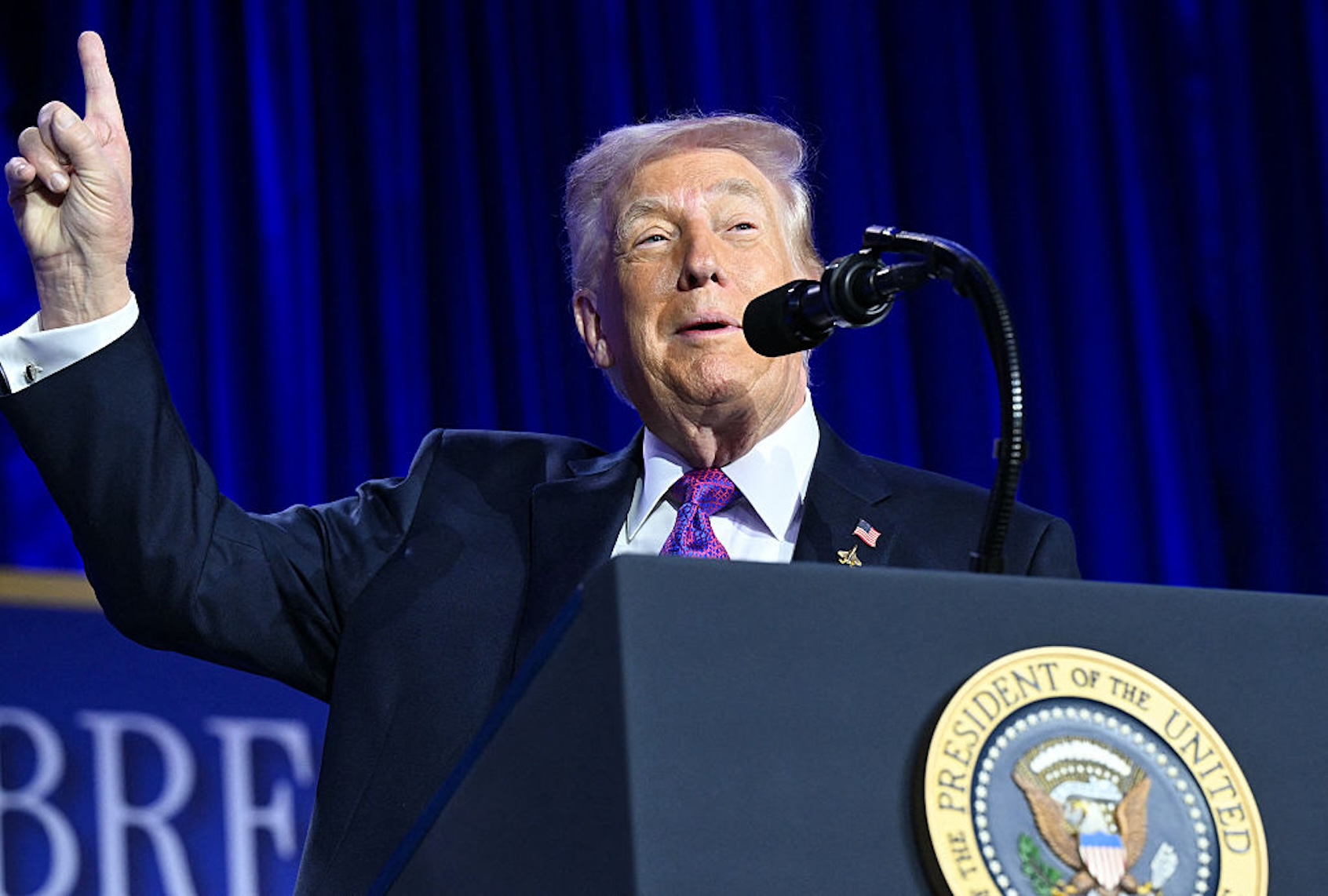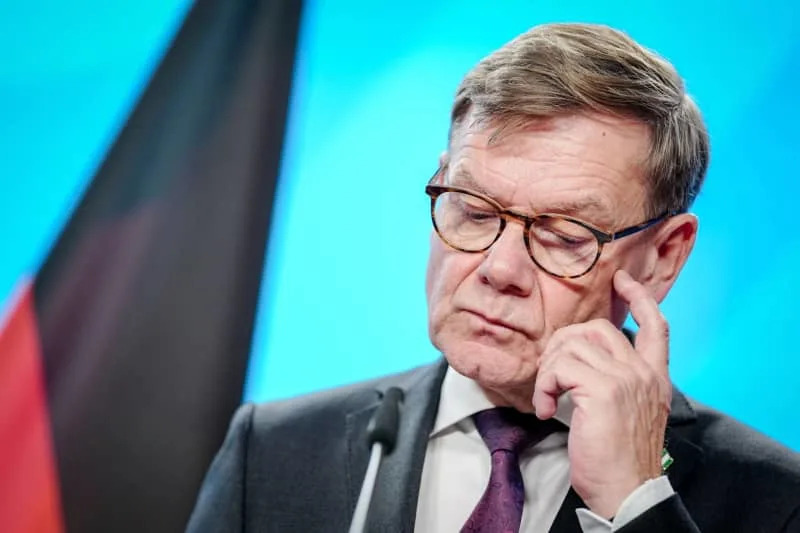Diplomatic tensions between the United States and Russia continue as former President Donald Trump appears to embrace President Joe Biden’s “as long as it takes” approach toward the ongoing conflict in Ukraine. This shift underscores the complexities of U.S. foreign policy amid evolving global dynamics and Russia’s steadfast military posture.
Trump’s alignment with Biden’s strategy suggests a significant change in the political landscape as the United States navigates its response to Russia’s aggression. The Biden administration has committed to supporting Ukraine with military and financial resources, emphasizing a long-term commitment to countering Russian advances. This approach has been met with both support and criticism domestically, yet it remains a central element of U.S. foreign policy.
Stalemate in Negotiations
The situation reflects a broader stalemate in negotiations, particularly as Russian President Vladimir Putin maintains his firm stance on territorial claims in eastern Ukraine. Despite international condemnation, Russia has not shown any indication of withdrawing its forces. As of March 2024, the conflict has resulted in significant military and civilian casualties, with estimates indicating over 300,000 military personnel lost on both sides.
Trump’s endorsement of Biden’s policy may also be influenced by the upcoming presidential elections in the United States. As candidates position themselves on foreign policy matters, the former president’s alignment with an established stance could be a calculated move to appeal to a broader base of voters who prioritize national security and international stability.
Critics argue that this approach may lead to a prolonged conflict without clear objectives. The ramifications of continued military support for Ukraine could affect U.S. relations with other global powers, particularly within the European Union and NATO. European leaders have largely supported U.S. efforts, but concerns about economic repercussions and energy security remain prevalent, particularly as Europe seeks to reduce its dependence on Russian gas.
Implications for Future Diplomacy
As the diplomatic landscape evolves, the implications of Trump’s adoption of Biden’s policy could reshape future negotiations. The ongoing conflict in Ukraine has highlighted the need for a cohesive strategy among Western allies to address Russian aggression. Experts emphasize that a unified front is crucial for any potential resolution, which may require significant compromises from both Kyiv and Moscow.
The Biden administration continues to reinforce its commitment to Ukraine, having allocated over $100 billion in military and humanitarian aid since the beginning of the conflict. This ongoing support is indicative of a long-term strategy aimed at weakening Russian influence in Eastern Europe.
In conclusion, the intersection of domestic politics and international diplomacy presents a challenging landscape for U.S. leaders. With Trump’s recent alignment with Biden’s approach, the prospect of a unified U.S. policy could influence future negotiations and the overall trajectory of the conflict in Ukraine. As the situation develops, the international community will be watching closely, aware that the stakes remain high for all involved.







